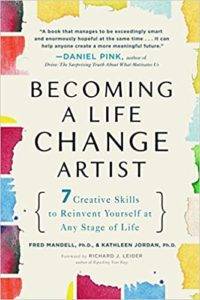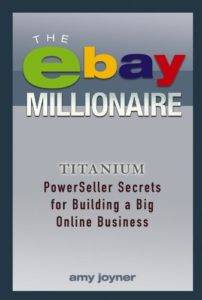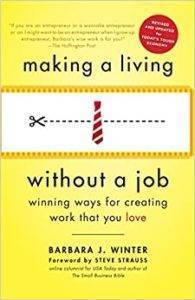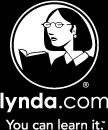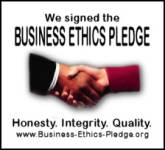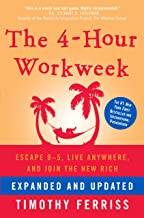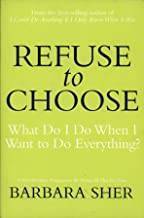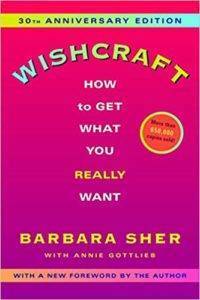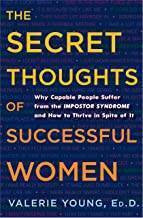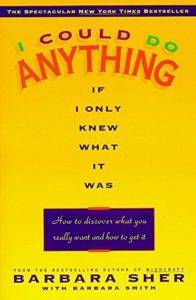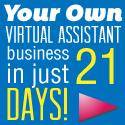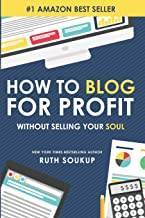Do you have a big idea but not a big bank account?
Do you already know you will need others’ help with parts of the idea?
Do you know how to use leverage to launch your big idea?
Traditionally and Historically What Does Business Leverage Mean?
Business leverage basically refers to the finances that a business will acquire to start up the business or expand it. New businesses will usually borrow money from several different financial institutions (banks, credit unions, etc.), so that the business may buy inventory, equipment, office supplies or whatever else it will need to get started.
The term business leverage is sometimes used synonymously with the term debt, because the business many times will start out in the red (in debt). The business will then try to earn the money back in profits, so that it may be paid back to the financial institutions or investors with the remaining amount of money constituting a profit for the business. When this happens it is referred to as ROI or Return On Investment.
However, there is also another definition of leverage, which can also apply to business or other industries or systems, which is the one this article will cover.
Now, Enter the Freelance Business
Freelance businesses generally operate differently. Most financial institutions will not loan to a freelance or side hustle business causing it to look for other ways to finance itself, but with the same goal of achieving an ROI.
Freelance businesses may fund themselves in ways other than the traditional bank or financial institution loans. Freelance businesses may be financed via:
- Credit cards that the freelancer already owns.
- Refinancing your home at a better interest rate.
- Home equity line of credit.
- Unwanted items that can be sold for money.
- Downsizing or reducing expenses.
- Using OPs (Other People’s Method).
Now, the Catch 22 here is that all of these mentioned with the exception of the last one will need to be in place BEFORE you launch out on your own. However, at 50+, you more than likely have started incorporating some of these into your retirement planning.
You have also probably “crunched enough numbers” to realize that being able to work at home doing something you love will save money on dry cleaning, lunches, gas, commuting, and several other work-related expenses.
Depending upon the type of freelance business you want, freelance businesses can be started on average for $100 to $300.
Now the Good Stuff—What Are OPs and How Do They Work?
There are five ways to do OPs. Again, I call this the OP or Other People’s Method. While you certainly can use your own materials and money, you can start your business by getting help from using other people—in a good, legal way. We can look at this in more detail as we explore each of these OPs separately.
Now, let me first clear up something. I am not endorsing copyright infringement, plagiarism, embezzlement or any illegal way to use other people or their resources. These mentioned are legal ways to use this leverage as a means of duplicating your efforts (remember ROI?) and not having to start at the beginning or “reinvent the wheel.”
In summary, the five OPs that I recommend are:
- using OPM (Other People’s Money)
- using OPT (Other People’s Time)
- using OPW (Other People’s Work)
- using OPE (Other People’s Experiences)
- using OPI (Other People’s Ideas)
The Other Definition of Leverage
Another definition of leverage is to use (something valuable) to achieve a desired result. Successful people know how to legally use other people’s resources to duplicate their own success. In other words, they study what successful people are doing now or have done in the past. This definition is more applicable to a freelance business.
How to Use Other People’s Money
Certainly, there can be a GoFundMe page to fund your dream as long as you or the person running your campaign is honest about how or for what the money will be used. Because all crowdfunding sites work slightly different, you will also need to know which ones take a fee and how much of a percentage when considering your launch. You will also be responsible for your own taxes.
If you have ever read Robert Kiyosaki’s book, Rich Dad, Poor Dad, he goes into detail about using other people’s money for investing.
How to Use Other People’s Time
Technically when you use other people’s money, you are also using their time. We have all heard the saying, “Time is money” and this is true, because the person gave up money that would have had to have been earned back in time or invested over time.
Bartering or trading services can be a great way to use other people’s time, work or talent. You can exchange something you do well (web copywriting) for something that they do well (graphic design).
Sometimes you just have to ask for people to help you knowing that you will one day be in a position to help them or someone else who is struggling in this area.
How to Use Other People’s Work
This one is a bit trickier, because you don’t want to get into trouble doing it, especially on the Internet where there exists “fair use”. However, fair use of information does not imply a “free-for-all” and when the information is used it should be sited on websites or in online and offline documents. This should be done if for no other reason that a professional courtesy.
If you don’t mind investing time in Google searches, you will find there are free downloads, pictures, planners, and an entire plethora of information available to you.
Masterminds groups are also a way for getting others to help you, as long as you are willing to help them in return. Mastermind groups should have a leader and an end date set, even it is prolonged.
How to Use Other People’s Experiences
Listen to news stories about others who have made a difference helping others. Pay attention to the types of things they have done and how their journey was shaped. Is your background similar to theirs? Have the interviewees accomplished something that you would like to accomplish?
Once you are clear on what you want—look for those with similar backgrounds doing it.
How to Use Other People’s Ideas
Check out the many niches online and see how others are making money working with bulldogs or Siamese cats. What are some of the ideas they are using? Is it a service or a product or both they are selling?
Watch programs such as Shark Tank or visit sites like Etsy. What are some of their ideas? Have you ever had any similar ideas before?
Read and study how others have ideas that solve a problem. What problem are you trying to solve? Remember a problem does not have to be a major world event. It could just as easily be a simple problem such as how to carry hot casserole bowls from the kitchen to the dining room table without getting burned.
What Did Howard Hughes Have to Say About Incorporating the Help of Others?
Like the great Howard Hughes, who was one of the most successful business men of his day, said something along the lines of figure out a way to make money off a few workers and you are making money. Now, hear me out. I am not talking about sweat shops here or harsh labor camps either.
In other words, figure out a way to get several people excited about what you are offering and make them affiliates in your business by having them sell your product or book for a commission. There are opportunities online at sites such as e-junkie. Allow them to earn bonuses, commissions, royalties, etc. Make them a product (believer) of your product.
In Conclusion
As you are setting up your life and work in the second half, you won’t have to start from rock bottom not knowing what to do. Just knowing that with a little research and a little time, you will find your idea and be well on your way to planning it out and living it!
My Coaching Two Cent’s Worth
While all of this may seem exciting, it all still needs to start with you knowing exactly what you want your life to look like in its second half. Once you are clear on that then you will know what type of work will give you that life and fulfill you in ways other than just financially.
So, what do you want to be when you grow up and retire?



